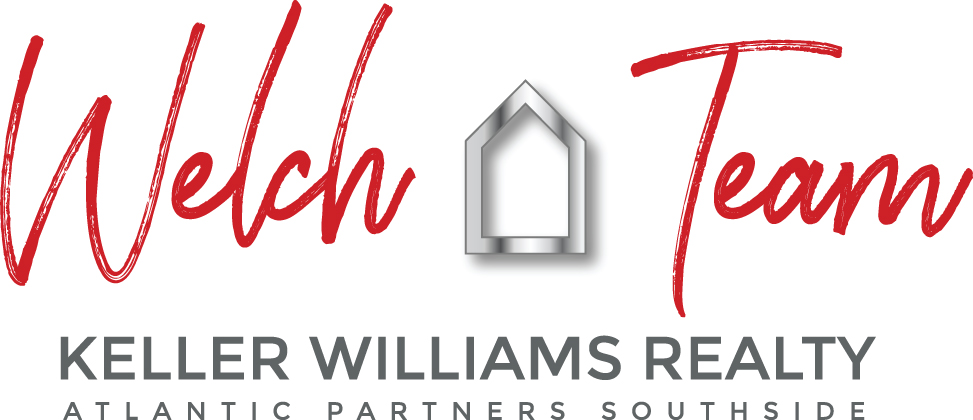When you enter the mortgage and real estate market, either as a homebuyer or professional in the industries, you will hear a lot of complicated terminologies. And one of the terms you’re most likely to hear often is “escrow.”
Since most people aren’t familiar with the various ins and outs of escrow and escrow accounts, we’ve taken some time to jot down everything you need to know about escrow and more. Here’s a comprehensive guide to escrow, escrow accounts, what they are, how they work, and why they’re an essential part of the real estate process.
What is an Escrow?
In technical terms, escrow is a legal arrangement where a third party will temporarily hold money or property until a specific condition is met. In real estate terms, escrow is an arrangement with an outside party that holds or freezes money or property until a purchase agreement is fulfilled.
How Does Escrow Work?
The mechanics of escrow are relatively simple. When you enter the agreement phase of the real estate process, the requisite third party will “hold” the property and any financial deposit until the agreement is finalized. And “hold” is a very loose term that essentially means they are temporarily given ownership of the assets so that no one can touch them.
What is an Escrow Account?
There are two types of escrow accounts. The first is an escrow account for home buying. This type of escrow account will hold the earnest money, which is the deposit made in good faith that shows you’re serious about buying the home. As a home buyer, it also makes your offer appear more attractive.
The second type of escrow account is for taxes and insurance. This is different from the escrow account used in the real estate process, as it’s a legal arrangement between a homebuyer and a lender. The lender will take a portion of your monthly mortgage payment and stash it in an escrow account that will later be applied to your tax and insurance balances.
The Benefits of an Escrow Account
Escrow is a mechanism that protects the buyer and the seller. If money is in escrow, it can’t be spent, so it’s guaranteed to the seller when the purchase agreement is finalized. The same applies to the property. If the property is held in escrow, it can’t be sold to someone else.
As a home buyer, there’s also an additional benefit. If you give earnest money directly to the seller, they could potentially spend it. And if the sale falls through, it could be challenging to get it back. Putting your earnest money in an escrow account protects that money so that if the deal falls through, you’re guaranteed to get it back.
Do You Need an Escrow Account?
An escrow account isn’t always required, but it’s usually a good idea to have one. It’s a mechanism that protects all parties involved. And when you’re dealing with such large sums of money and property, it’s best to be as risk-averse as possible.
Looking for Homes for Sale in Northeast Florida?
Are you searching for homes for sale in St. Johns County or anywhere else in Northeast Florida? If so, you’ve come to the right place! Here at the Welch Team, we are dedicated to helping families and individuals find their forever homes. Contact us today if you’d like to learn more!
And while you’re here, don’t forget to pick up a copy of our free buyer’s guide, which will walk you through the home buying process.





